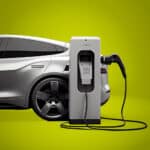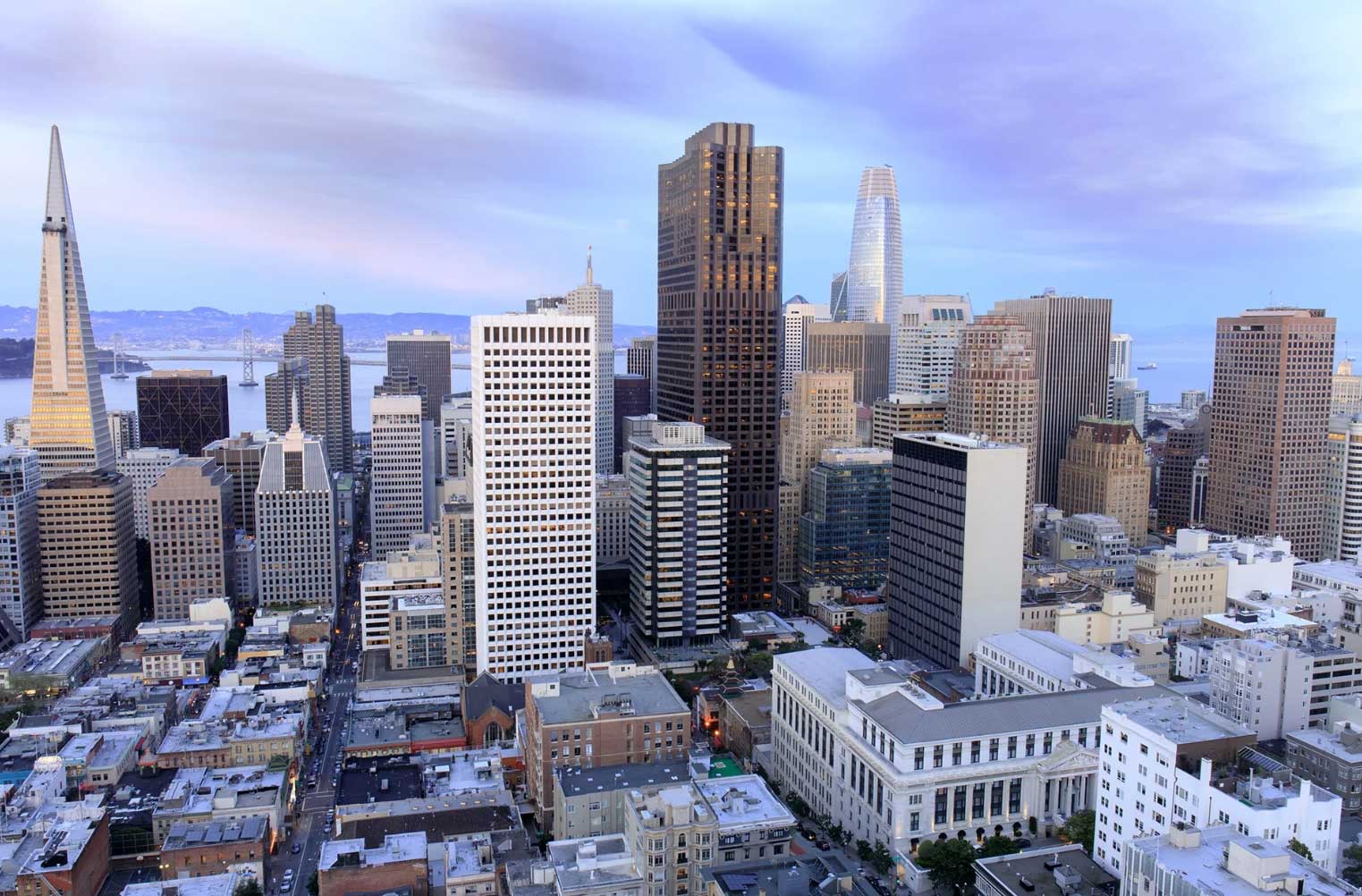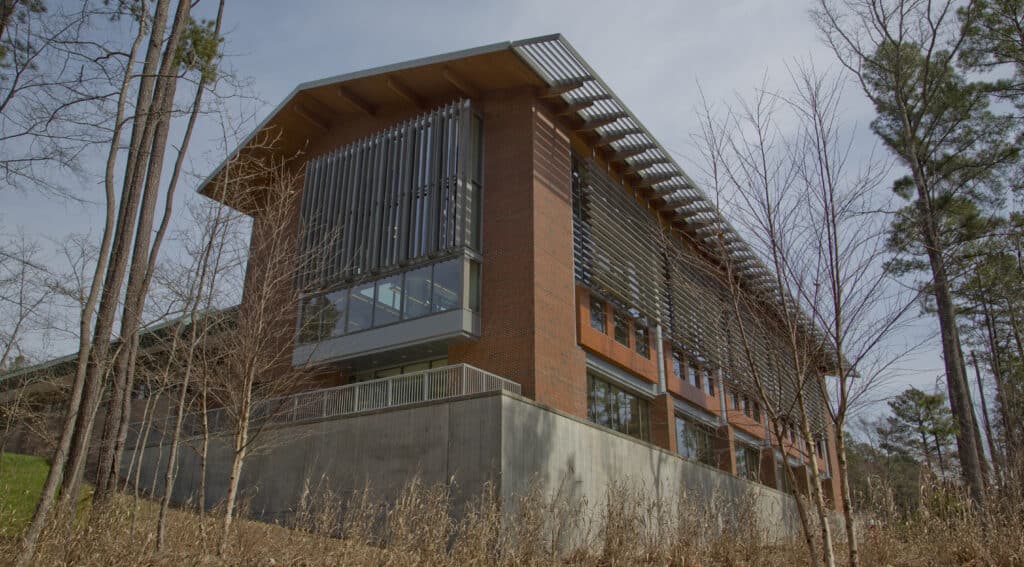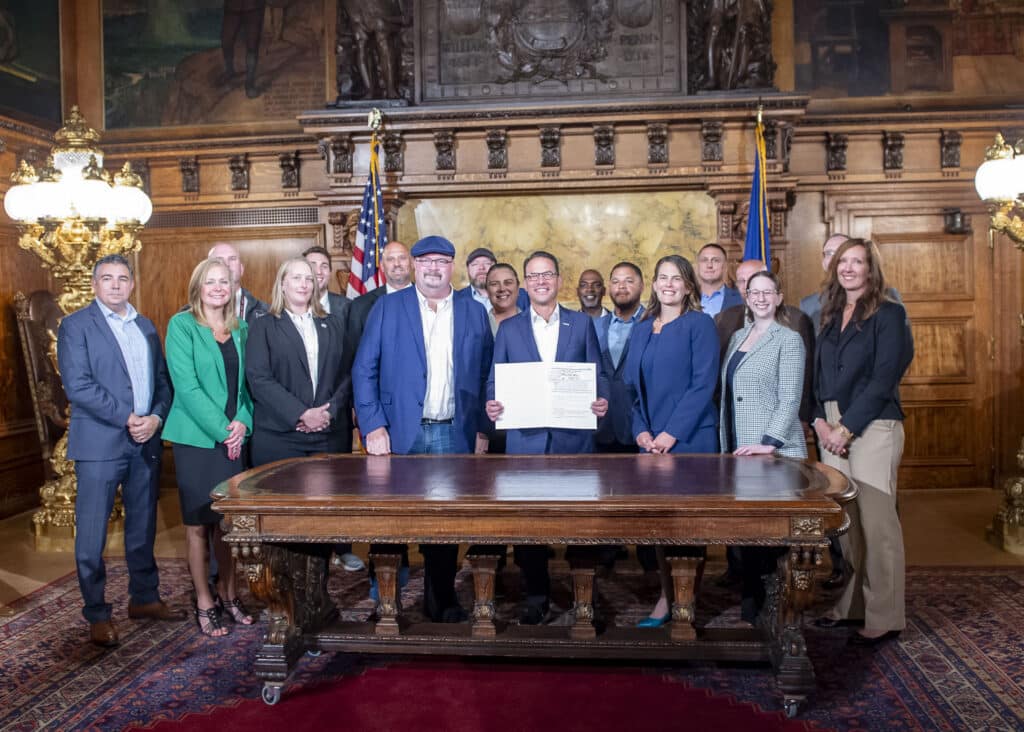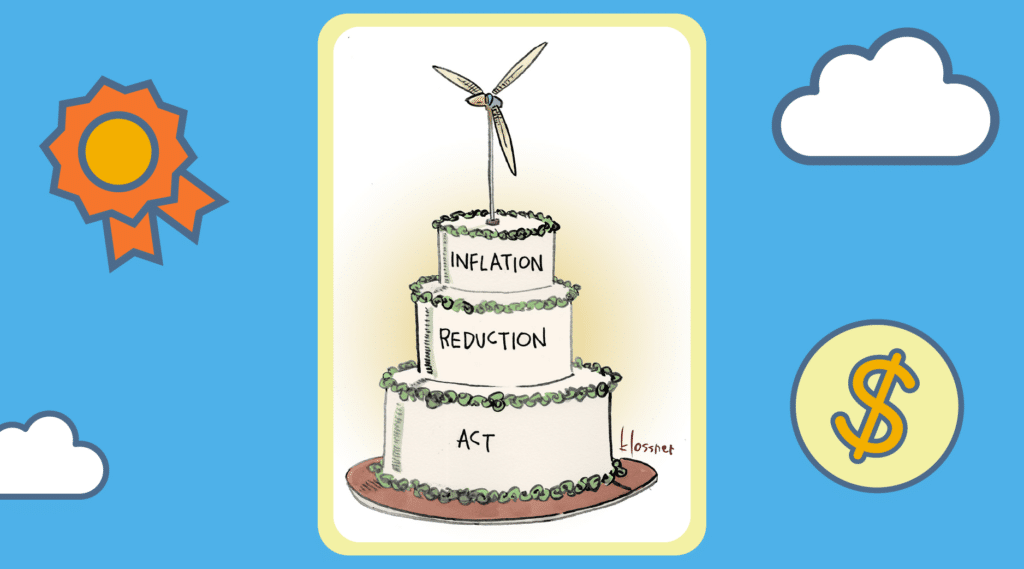On Friday, California Governor Jerry Brown ended the Global Climate Action Summit he organized in San Francisco with a rallying cry: “This week, cities, states, businesses, and nonprofits stepped up and took strong action…. Now it’s time to take this momentum back home.”
The three-day event resulted in more than 500 announcements of climate ambition, including 73 cities committing to become carbon neutral by 2050, a plan to roll out more than 3.5 million new charging stations for electric vehicles by 2025, and renewed pledges from corporations like Walmart and Unilever to limit deforestation. The summit was a manifestation of the unprecedented political and social momentum that’s building both internationally and here in the United States.
But among the diversity of public and private actors that are mobilizing to reduce greenhouse gas emissions and bring the action “back home,” one key player should not be overlooked: the American household.
A statement from Winnie Byanyima, executive director of Oxfam, stood out amid the star-studded lineup of plenary speakers and municipal and corporate announcements: “If I think about my uncle, who lives in a village in Uganda—he’s a farmer—it would take him 129 years to emit the same amount of carbon dioxide as an average American citizen emits in one year.”
This perspective points to a reality that is often stated but rarely internalized: American households are responsible for a lot of carbon emissions. Taken together, the energy we use in our homes and for personal transportation accounts for over a third of our country’s greenhouse gas emissions. In the society-wide pursuit of a healthier future, households have a major role to play, alongside businesses, governments, nonprofits, and industry.
Throughout the summit, an array of impactful, readily accessible solutions to the emissions challenge was on display in San Francisco. A steady stream of Uber drivers carried attendees around the city in zero-emissions electric vehicles, and commuters zipped along neighborhood streets on electric scooters and e-bikes. Solar panels powered not only the summit’s registration booths and metal detectors, but also entire homes and buildings across the Bay Area.
These technologies, combined with a menu of other smart, energy-aware products and behaviors, now enable millions of American households to have a greater impact on carbon emissions than ever before. When a solar array, an electric heating or air conditioning unit, and an electric vehicle are deployed simultaneously, for example, they can reduce a household’s home and transportation-related emissions by up to 100 percent.
Importantly, innovation and scale have made technologies like rooftop solar and electric vehicles (EVs) accessible to mainstream consumers. Thanks in large part to a 70 percent decrease in the cost of installing solar since 2010, nearly 2 million homes nationwide now meet their lighting, climate control, and other electricity needs with solar. Mass-market EV models are rolling off the production lines, offering nearly $800 in annual fuel cost savings alone. These attractive economics, combined with the fact that new, visible technologies like solar power are contagious (i.e,. installing solar makes your neighbors much more likely to do the same), are cause for optimism.
Widespread adoption of these energy-aware products and behaviors would dramatically improve our country’s emissions calculus. What’s needed now is a rallying cry among American households, a call to “take our ambition to the next level.” More than ever before, it’s possible for individuals and families to join the procession of pro-active businesses, cities, states, nonprofits, and other sectors of society driving the energy transition.
Thankfully, households all over the country are building the necessary momentum to create a distributed movement of everyday people helping to accelerate the energy transition. And each of us has a role to play: as renowned primatologist Jane Goodall reminded summit attendees on Friday, “We need to act now—all of us.”
![]()







